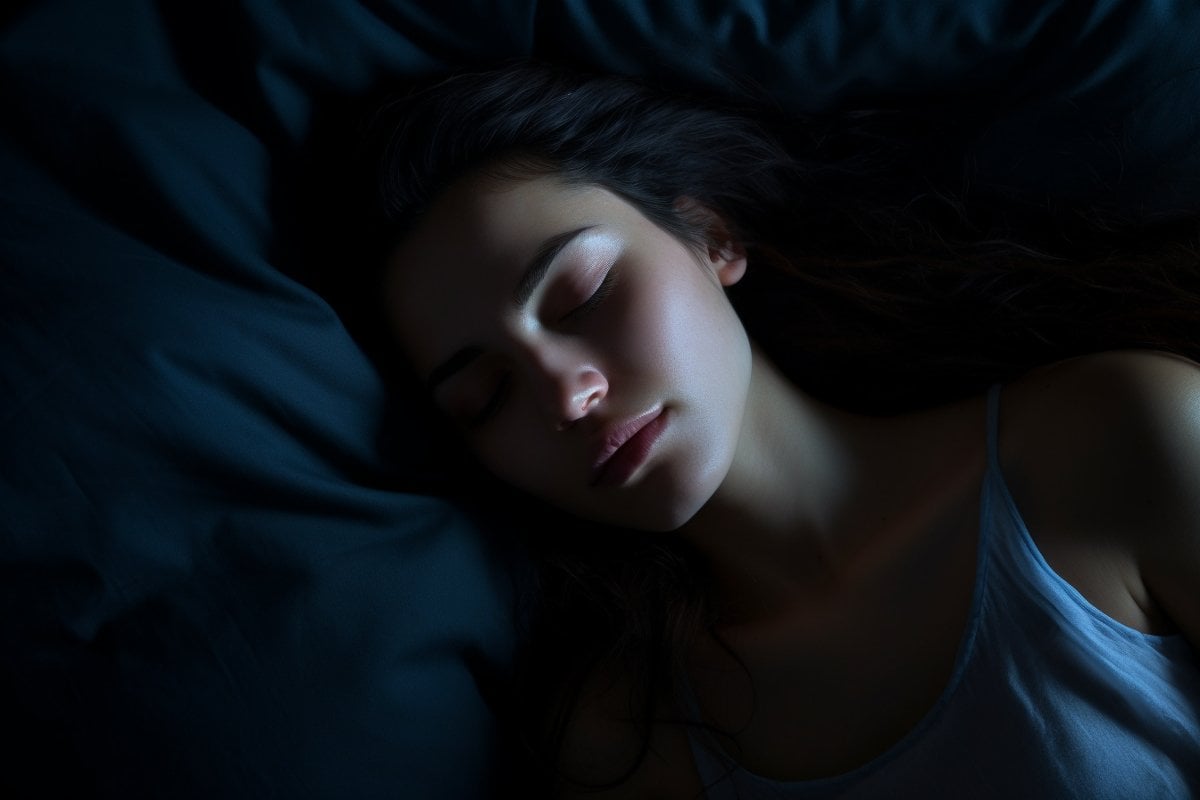Researchers from UCL (University College London) have discovered a potential connection between consistently sleeping less than five hours per night and an increased risk of developing depressive symptoms. This finding challenges the belief that poor sleep is merely a side effect of mental illness, suggesting that sleep may actually precede the onset of depression. The study analyzed genetic data from 7,146 individuals and found that those with a genetic predisposition for shorter sleep were more likely to experience depression. In contrast, individuals with a genetic inclination for depression did not have an increased risk of shorter sleep duration.
Key Facts:
– Individuals with a stronger genetic predisposition to sleep less than five hours per night had a heightened likelihood of developing depressive symptoms over a period of 4-12 years.
– People sleeping five hours or less were 2.5 times more likely to exhibit depressive symptoms, while those with depressive symptoms had only a one-third increased chance of short sleep.
– Sleep duration and depression both have a hereditary component, with twin studies indicating 35% heritability for depression and 40% for sleep duration variances.
Consistently sleeping less than five hours a night may increase the risk of developing depressive symptoms, according to a new genetic study led by researchers at UCL (University College London). Traditionally, poor sleep has been seen as a consequence of mental ill health, but this study suggests a more complex relationship between sleep and mental illness. The study, published in the journal Translational Psychiatry, analyzed data from individuals with an average age of 65 and found that short sleep was associated with the onset of depressive symptoms. Both sleep duration and depression have a hereditary component transmitted from one generation to the next.
Lead author Odessa S. Hamilton from UCL Institute of Epidemiology & Health Care stated, “We have this chicken or egg scenario between suboptimal sleep duration and depression, they frequently cooccur, but which comes first is largely unresolved. Using genetic susceptibility to disease we determined that sleep likely precedes depressive symptoms, rather than the inverse.”
The researchers used genetic and health data from 7,146 participants recruited by the English Longitudinal Study of Ageing (ELSA) for the study. They discovered that individuals with a stronger genetic predisposition for short sleep (less than five hours per night) were more likely to develop depressive symptoms over 4-12 years. However, having a higher genetic predisposition for depression did not increase the likelihood of shorter sleep. Senior author Dr. Olesya Ajnakina from UCL Institute of Epidemiology & Health Care and the Institute of Psychiatry, Psychology & Neuroscience at King’s College London commented, “Short and long sleep durations, along with depression, are major contributors to public health burden that are highly heritable. Polygenic scores, indices of an individual’s genetic propensity for a trait, are thought to be key in beginning to understand the nature of sleep duration and depressive symptoms.”
In addition to genetic associations, the researchers also examined non-genetic associations between depressive symptoms and sleep duration. They found that people sleeping five hours or less were 2.5 times more likely to develop depressive symptoms, while individuals with depressive symptoms had a one-third increased likelihood of shorter sleep duration. The researchers adjusted their analysis for various factors that could affect the results such as education, wealth, smoking status, physical activity, and limiting longstanding illness.
The study also identified a link between longer sleep duration and the development of depressive symptoms. Individuals sleeping longer than nine hours had a 1.5 times increased risk of depressive symptoms compared to those with an average sleep duration of seven hours. However, depressive symptoms were not associated with longer sleep duration four to twelve years later, which aligns with the genetic findings.
Professor Andrew Steptoe, Head of Behavioural Science and Health at UCL Institute of Epidemiology & Health Care, emphasized the need to better understand the connection between depression and a lack of sleep as both suboptimal sleep and depression increase with age. He highlighted the importance of this study in laying the groundwork for future investigations into the intersection of genetics, sleep, and depressive symptoms.
On average, participants in the study reported sleeping seven hours per night. More than 10% of participants slept less than five hours a night at the beginning of the study period, with that percentage rising to over 15% by the end of the study. The proportion of participants with depressive symptoms increased from 8.75% to 11.47% over the course of the study.
Both sleep duration and depression have a hereditary component transmitted from one generation to the next. Previous twin studies have suggested that depression is about 35% heritable, while genetic differences account for 40% of the variation in sleep duration among individuals. Data on sleep and depressive symptoms were collected from two ELSA surveys conducted two years apart, as both sleep duration and depression are known to fluctuate over time.
In summary, a new genetic study conducted by UCL researchers has found a potential link between consistently sleeping less than five hours per night and an increased risk of developing depressive symptoms. The study challenges the notion that poor sleep is solely a consequence of mental illness, suggesting that sleep may precede the onset of depression. The study analyzed genetic data from over 7,000 individuals and revealed that those genetically predisposed to shorter sleep duration faced a higher likelihood of depression. Conversely, individuals with a genetic inclination for depression did not have an increased risk of shorter sleep.


